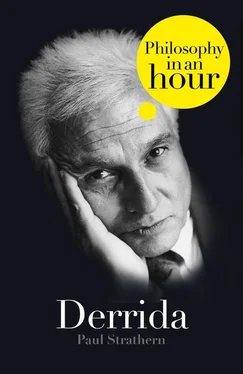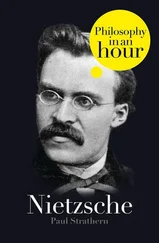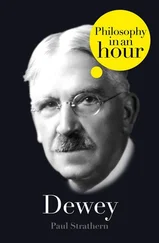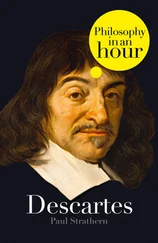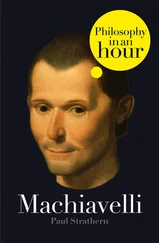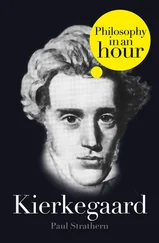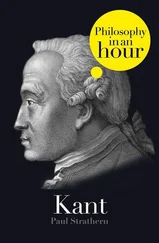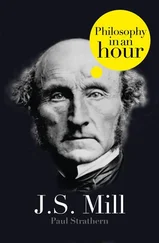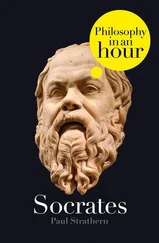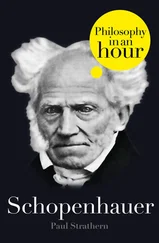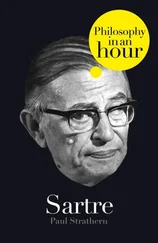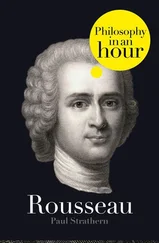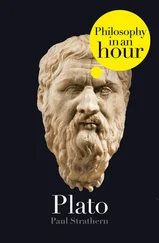In 1940, when Derrida was just ten years old, Algeria was dragged into World War II. Although the country never saw fighting, or even so much as a German uniform, the war cast its pestilential shadow over life in the French colony, which had now become a protectorate of the Nazi empire. Again, Camus captures the atmosphere of the period, this time in The Plague. France had been overrun, and French Algeria was governed by the collaborationist Pétain regime. In line with Nazi decrees, in 1942 racial laws were introduced, bringing to the surface a latent anti-Semitism amongst the European population. Derrida was informed by a master at school: “French culture is not made for little Jews.” It was the privilege of the top pupil to raise the French flag each morning at school; but in Derrida’s case this was reassigned to the second in the class. A quota system was introduced limiting each lycée (high school) to 14 percent Jews. Derrida’s headmaster soon took it upon himself to reduce this quota to 7 percent, and Derrida was expelled. At street level such attitudes degenerated to name-calling and even violence.
The effect of all this on an exceptionally intelligent, sensitive pupil can only be imagined. It is also equally understandable that the man who emerged from this experience should deny the effect of his early life on his later thought. After all, his avowed aim was to interrogate philosophy, not himself. Consequently he remained averse to supplying personal details that appeared to provide a causal link between his life and his work. And with some justice. It should be remembered that the mature survivor thought out his philosophy despite such attempts to sabotage his intellectual and social life.
For a while, the early teenage Jacques received no education. He was enrolled at the unofficial Jewish lycée but secretly played truant most of the time. He was aware of “belonging” to Judaism; yet though he had grown up assimilated into European society, he now felt he was not a part of it. His painful experience led him to reject racism of any sort; yet in the words of his collaborator Geoffrey Bennington, he also experienced “impatience with gregarious identification, with the militancy of belonging in general, even if it is Jewish.”
Upon the resumption of normal education after the war, Derrida became a disruptive pupil, successful only on the playing field. He dreamed of becoming a professional football player. Such an ambition may not have been quite so philistine as it appears. Just over ten years earlier, Camus had played in goal for Racing Algiers. And it was during this period that Derrida overheard, by chance, a talk about Camus on the radio, which attracted him to philosophy. Derrida’s hero was a thinking man of action.
Despite his teenage rebellion, Derrida’s exceptional intellect remained unmistakable. At nineteen he was sent to Paris to study for entry to the École Normale Supérieure, the most prestigious higher-education establishment in France. But living alone amidst the grey cold streets of Paris proved an alienating experience after the sea and sunlight of Algiers. Derrida found himself drawn to the nihilistic existentialist philosophy of Sartre, which was then all the rage in the student cafés of the Left Bank. Sartre asserted “existence before essence.” He maintained that there was no such thing as an essential humanity. Our subjectivity was not given to us: we create it ourselves by our actions. The way we choose to live makes us who we are.
As a result of exam pressure, disorientation, and pill-taking (amphetamines and sleeping pills), Derrida walked out after taking his first exam and suffered a minor nervous breakdown. In 1952, at his second attempt, he gained admission to the École Normale Supérieure, where he studied philosophy for the next five years. Here Derrida began a close reading of the two figures who had most influenced Sartre, the German philosophers Husserl and Heidegger. These early-twentieth-century thinkers had been instrumental in developing and elaborating phenomenology, “the philosophy of consciousness.” This insisted that our fundamental consciousness lies beyond the reach of rational proof or scientific evidence. It is accessible only to intuition. By means of this alone we arrive at the central problems of being, of existence itself. The basis of all our knowledge thus lies beyond reason and science: our knowing is grounded in consciousness.
In 1954 the Algerian War broke out when the local Arab and Berber populations rose against the French in a bid for independence. Derrida supported the struggle for independence, but after graduating in 1957 he was called up to serve in Algeria with the French army. He volunteered to teach and was posted outside Algiers to a school for the children of French and Algerian soldiers in the French army. Derrida found himself torn by the increasing atrocities on both sides, but still hoped for an independent Algeria where Europeans could coexist with their Arab and Berber neighbours. Derrida’s family had lived in Algeria for more than five generations and regarded themselves as Algerians rather than French. In 1960 he returned to France, where he obtained a post teaching philosophy and logic at the Sorbonne, part of the University of Paris. He was now married to Marguerite Aucoutourier, who had been a fellow student at the École Normale Supérieure. She had accompanied him to Algeria but was unable to prevent him from suffering a severe depressive episode after his return. The war would end with Algeria’s independence in 1962 and the mass exodus of Europeans. Derrida’s cherished hope of becoming a citizen of an independent Algeria was shattered; from this time on he would frequently experience feelings of what he called “nostalgeria.” But 1962 would also see the inception of Derrida’s own independence as a philosopher, with the publication of his first important work. To a translation he had made of Edmund Husserl’s Origin of Geometry he appended a book-length Introduction which dwarfed Husserl’s essay-length work.
Husserl had originally been a mathematician, which led him to see the danger of phenomenology basing all knowledge on intuition or the immediacy of individual apprehension. If the basis of all knowledge lay beyond reason and science, how could one know the truth of anything that was not based upon his own intuition? This meant that mathematical and scientific knowledge was relative. Such propositions as 2 + 2 = 4 were not incontrovertible, they just arose from one’s intuition of the world. Others might intuit things differently. In which case one would have no grounds to refute them.
Husserl sought to rescue philosophy from this difficulty, which threatened to undermine all knowledge. He took geometry as the most certain form of our knowledge, using it as a paradigm for all scientific and mathematical knowledge. If our knowledge of geometry could be shown to be beyond relativism, this would secure the truth of all such science.
Husserl argued that geometry must have had a historical origin. Its origin lay in an original intuition by a historical human being. On a particular day in prehistory a particular individual must have had an intuition of line, or distance, or possibly even of a point. In this subjective way geometry – line, distance, point, and so forth – had begun. Such original terms must have had a clear, irrefutable meaning, first grasped by intuition. But once these terms had been grasped by intuition, the rest of geometry was simply a matter of discovering the logical implications of these grounding assumptions. In ancient Greek times Euclid had shown how the structure of geometry was built up from such basic concepts. Geometry itself was somehow “already there,” waiting to be discovered, abiding its historical moment. Once the original notions had been intuited, the rest was incontestable: there could be no relativism about it. All scientific and even philosophical knowledge worked in this manner. Yes, in line with the strictures of phenomenology it was certainly grounded on intuition (historically speaking). But no, it was not relative, because it followed on from these original intuitions by logical steps that uncovered a structure that was in a way “already there,” just waiting to be discovered.
Читать дальше
